Electric car batteries are a key part of the electric car. They are responsible for helping the car move. Since it’s a growing industry, recycling electric car battery becomes more important. In this article, we will answer the question “How Are Electric Car Batteries Recycled?” Keep reading to learn more.
What Are Electric Car Batteries?
Electric car batteries are the critical component of an electric car. They are responsible for powering the car’s drivetrain and providing power to the electric grid. They are specifically designed to last for a long time, made from different types of materials.
Electric car batteries are made up of many different materials, including carbon fiber, lead, nickel-cadmium, and lithium-ion. Each type of battery has its unique properties. The type of battery used in a particular electric car will affect the car’s performance and the amount of pollution it produces.
Are Electric Car Batteries Recyclable?
Yes, electric car batteries can be recycled. The recycling process begins with a gas-fired thermal oxidizer removing the combustible material, such as plastics and insulation. Next, the plant’s scrubber eliminates polluting particles created by the burning process before being released into the atmosphere. Next, metals are separated from the plastic and insulation by a magnetized drum. Finally, non-metallic materials are burned off to leave a clean battery shell. The metal content is then melted and cast into new electric car batteries.
The percentage of electric car battery recycling depends on the type of battery. There are three main types of electric car batteries: lead-acid, nickel-cadmium, and lithium-ion. Lead-acid batteries account for the largest share of electric car battery recycling, followed by nickel-cadmium and lithium-ion batteries.
However, electric car batteries are not 100% recyclable. Only two-thirds of lead-acid batteries and almost all nickel-cadmium and lithium-ion batteries can be recycled. The remaining third of lead-acid batteries, most nickel-cadmium and lithium-ion batteries that cannot be recycled, end up in landfills. Once the technology advances, it is possible that all-electric car batteries can be recycled.
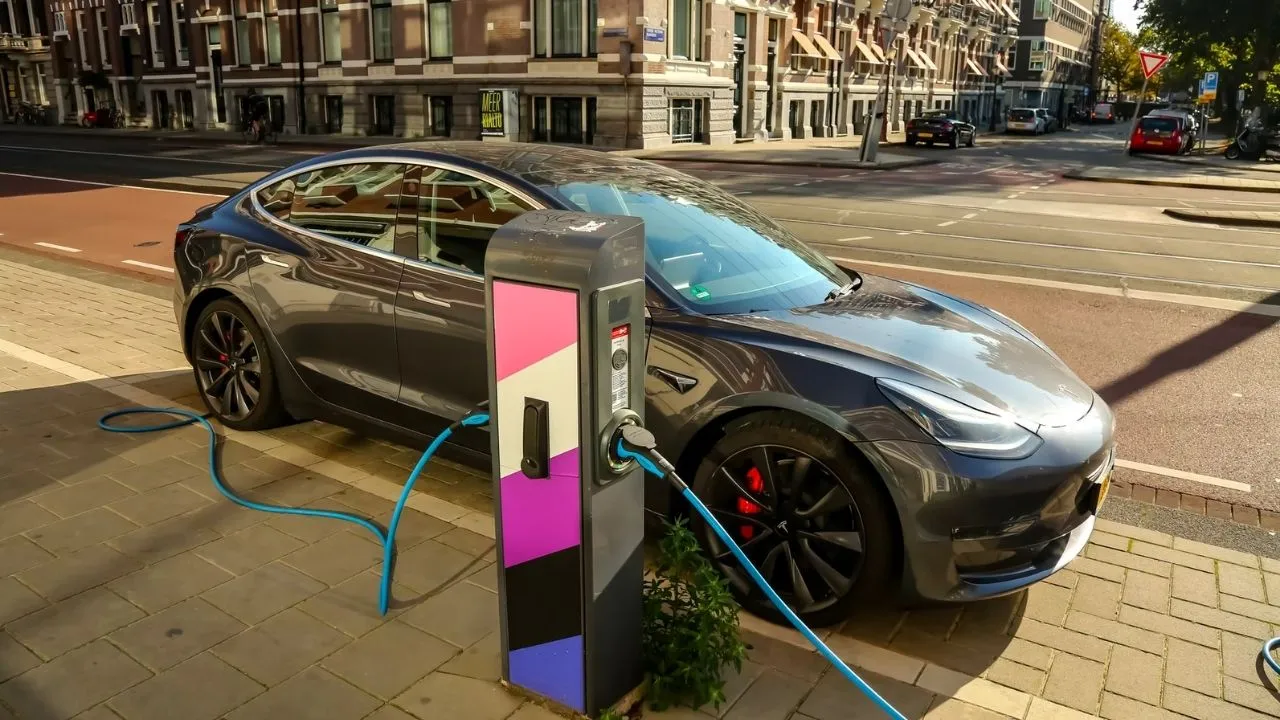
What Do They Do With The Old Batteries From Electric Cars?
Most electric car batteries are recyclable. They are broken into parts, including metal and plastic, and then reassembled into new batteries. This process helps reduce environmental waste and helps support the economies of countries that recycle battery materials.
Even after they’re no longer effective as batteries for electric vehicles, old EV batteries still contain valuable minerals and elements that can be used to create new ones. The old batteries can also be recycled to create new materials and products, such as insulation, paint, and plastics.
How Do You Get Rid Of Electric Car Batteries?
Electric car batteries are recyclable, but most recycling centers do not have the equipment to handle them. Some people recycle them by breaking them down into their parts and then selling the individual parts. At the end of the lifespan of an electric car battery, it is possible to remove the metal and plastic and sell them as scrap. But it is also possible to recycle the battery using special equipment.
Eventually, most batteries will face with recycled. Otherwise, they’ve become an electronic waste product. So, if you have a battery that is no longer usable, be sure to recycle it in an environmentally friendly way.
What Percentage Of Electric Cars Batteries Are Recycled?
There is no definitive answer as different organizations have different recycling rates for electric car batteries. However, authorities suggest that more than 95% of electric car batteries are recycled. It’s important to note that this statistic does not include electric car batteries disposed of in landfills. In the future, it is hoped that electric car batteries will be recycled more sustainably, using methods such as incineration.
How Long Does It Take For An Electric Car Battery To Decompose?
The recycling process for electric car batteries is much different than traditional batteries. For example, traditional lead-acid batteries can be recycled by crushing the battery into small pieces and separating the lead from the plastic. However, electric car batteries are not made of lead and are not recyclable in this way.
There is no clear answer about how long it takes for an electric car battery to decompose. Some reports suggest that it can take up to a year, while other estimates suggest taking up to 10 years. The main reason for this discrepancy is that there is no defined standard for how long a battery should decompose before it is considered unusable.
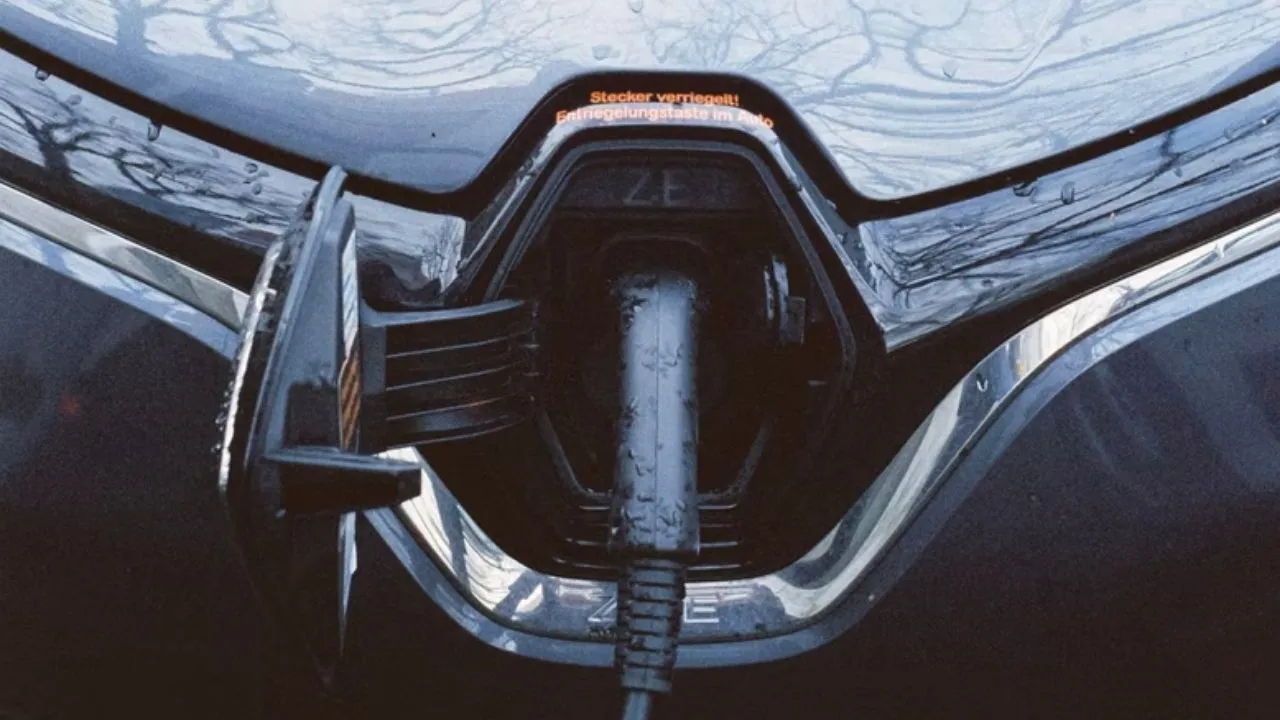
Can Lithium-Ion Batteries Be Recycled?
Lithium-ion batteries are made from lithium, carbon, and sulfur. These materials can be recycled using an established process. The recycling process begins by crushing the batteries into small pieces. This is done to release the usable materials. Next, the usable materials are separated and burned off. The remaining material is then turned into new lithium-ion batteries. Recycling lithium-ion should be done by companies that are certified to do so.
Are There Enough Rare Earth Metals For Electric Cars?
There are enough rare earth metals for electric cars, but recycling them is challenging. The metals are found in everything from wind turbines to smartphones, and it’s hard to recycle them all. There are also environmental concerns about extracting and processing metals and polluting the environment. So the clean energy organization Greenpeace has called for developing alternative sources of rare earth metals.
Are Tesla Batteries Environmentally Friendly?
Tesla’s batteries are made of high-quality, recyclable material. The company has a recycling program that helps ensure that its batteries are responsibly disposed of. Tesla also makes it easy for customers to recycle their batteries by offering free collection and drop-off locations across the United States. The company claims that they re-use more than 60% of the battery materials in their products. It’s also designed to be recyclable, which helps minimize environmental impact.
Is There Enough Lithium For Car Batteries?
The recycling process for electric car batteries is more complicated than recycling traditional car batteries. The reason is that electric car batteries are made up of several different types of materials, including plastic, metal, and lithium.
Traditional car batteries can be recycled by breaking them into their parts. On the other hand, electric car batteries are made up of many different types of materials that must be separated before they can be recycled.
One challenge in recycling electric car batteries is that there is not enough lithium. Lithium is a crucial component in electric car batteries because it helps power the battery cells. Without enough lithium to recycle, it becomes challenging to create new electric cars. Fortunately, we have enough lithium minerals to produce electric cars. Therefore, there is always a way to create new electric cars without relying on lithium. Besides, with technological advancement, we will likely see different methods of powering electric cars in the future.
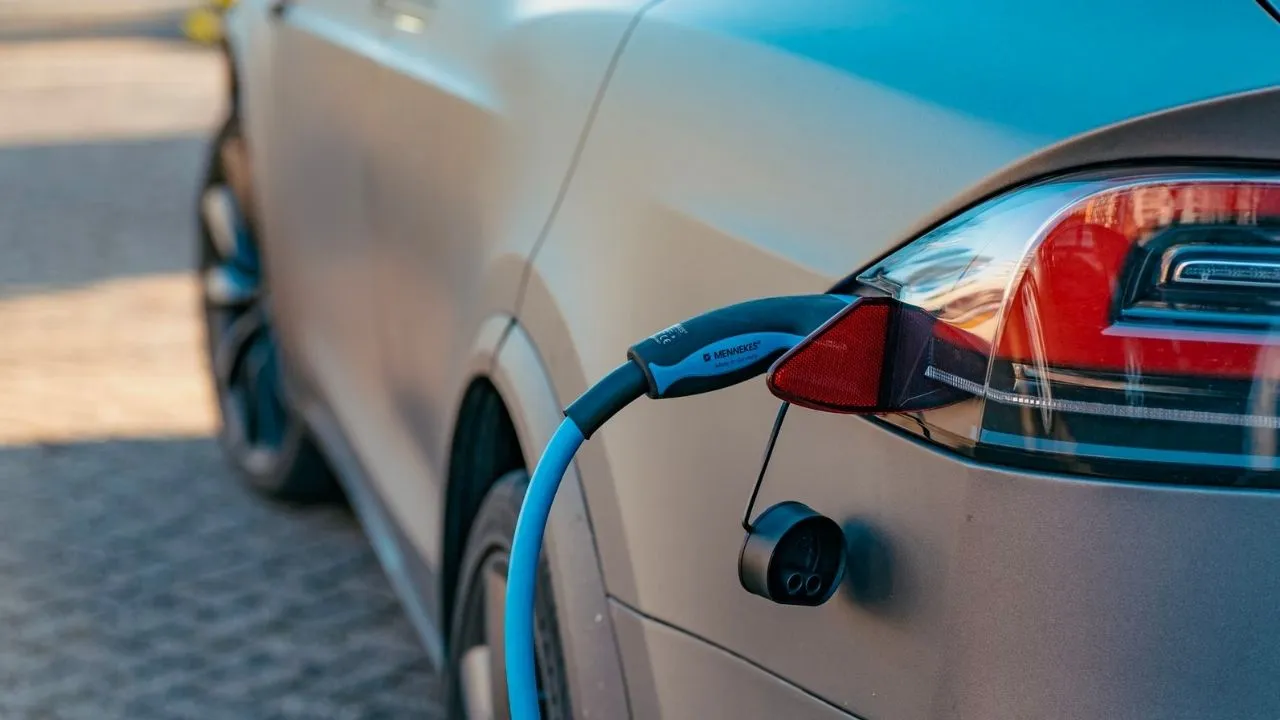
How Are Electric Car Batteries Recycled?
Electric car batteries are recycled using “crushing and grinding.” First, the batteries are crushed into small pieces, and then the pieces are ground into a fine powder. This powder is then mixed with water and other chemicals to create new, recycled electric car batteries. The chemicals destroy the plastic and metal components of the battery, and the water helps dissolve the powder. In the future, it is possible that we could see electric car battery recycling will improve so that more of the battery is used. Would you like to read more: Electric Vehicle Battery: Everything You Should Know
Why Is Electric Car Battery Recycling Important?
Recycling electric car batteries are essential because they contain valuable materials that can be used to create new batteries. By recycling these batteries, we can help keep our environment clean and help reduce our reliance on fossil fuels. In addition, recycling electric car batteries helps create jobs in the battery manufacturing industry.
In terms of the environment, recycling electric car batteries is crucial because it reduces the amount of waste created. By recycling electric car batteries, we can reduce the amount of plastic produced. Additionally, by recycling electric car batteries, we can reduce the number of metals released into the environment.
Is Electric Car Battery Recycling Safe?
Electric car batteries are typically made of lead-acid. Lead is a heavy metal, and it requires unique methods to recycle. The recycling process requires high temperatures and specialized equipment. It’s also possible for lead to escape during the recycling process, contaminating other materials. Some companies are working to develop safer methods of recycling electric car batteries, but it’s still an emerging technology. We recommend that you always consult professionals for recycling electric car batteries.
Electric Car Batteries Recycling Process Varies Depending On The Type Of Battery
The recycling process begins by sorting the electric car battery into chemistries. Lead-acid, nickel-cadmium, and lithium-ion batteries are recycled using different processes.
Lead-acid batteries are recycled by crushing them and smelting the lead and other metals out of the battery. The lead is then purified and used in new lead-acid batteries or sold to companies that make paint, pipes, and other products.
Nickel-cadmium batteries are recycled by crushing them and smelting the nickel and cadmium out of the battery. The nickel is then purified and used in new nickel-cadmium batteries or sold to companies that make solar panels, cars, jewelry, and other products.
Lithium-ion batteries are recycled by crushing them and smelting the lithium out of the battery. The lithium is then purified and used in new lithium-ion batteries or sold to companies that make laptops, phones, drones, and other products.
The recycling process for electric car batteries is important because it helps reduce the number of electric cars that end up in landfills. It also helps to create jobs in the recycling industry.
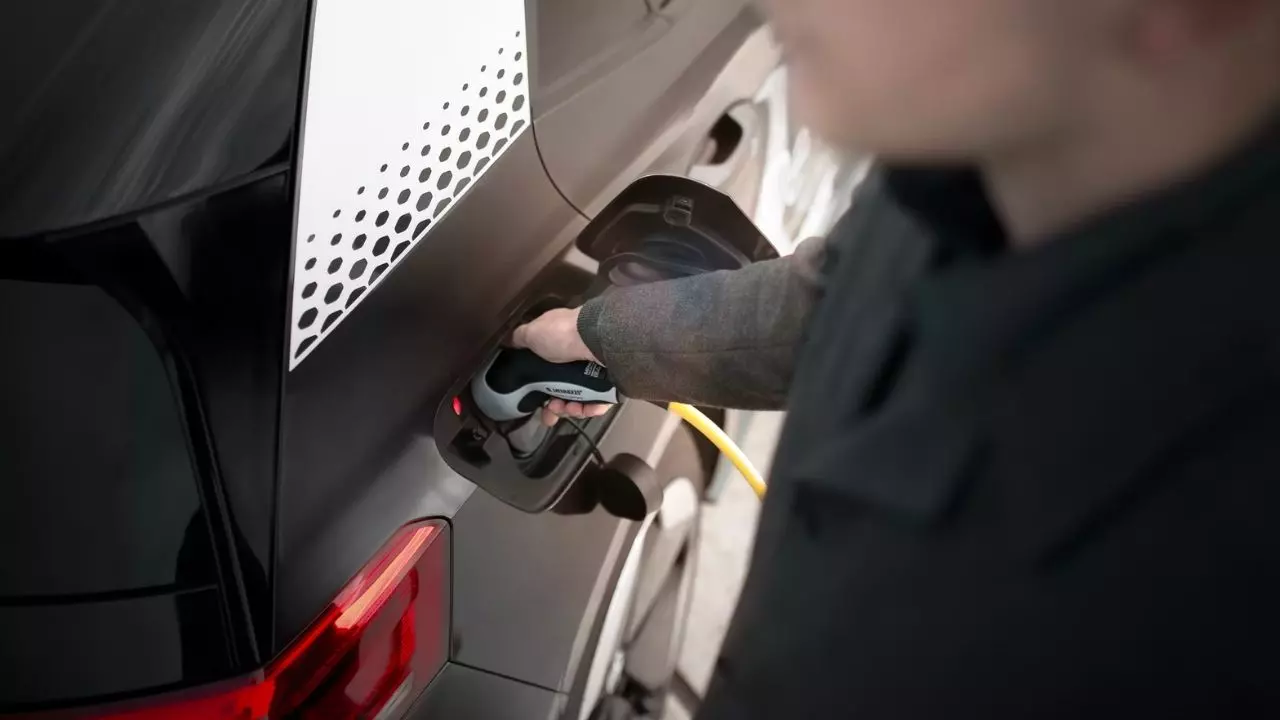
Electric Cars Battery Life
Electric cars are becoming more and more popular, but their batteries have a limited lifespan. Many electric car batteries are estimated to last 10-20 years, but they will eventually begin to degrade and need to be replaced. We need to mention that the degradation doesn’t mean completely die. It means that the battery will no longer hold a charge as well as it used to. You can imagine you previous mobile phone, which loses its battery storage capacity and the duration of usage day by day.
The degradation of electric car battery depends on a lot of factors such as: the kind of battery, how it’s used, how often it is charged and discharged, climate conditions etc. So, it’s not possible to make a general statement about the lifespan of an electric car battery, but it’s suggested that the electric car battery stay in good condition for the first 8-10 years of its life.
Electric Car Battery Disposal Pollution
Electric car batteries are usually recycled through a process called “chemical recycling.” In this process, the battery is broken down into its component parts. Different types of batteries are made from different materials, so each part of the battery has a specific use. For example, the lead and acid battery parts are used to create new lead and acid batteries, while the plastic and metal parts are used to create new plastic and metal objects.
On the other hand, lithium-ion batteries are usually recycled through “mechanical recycling.” In this process, the battery is broken down into its component parts. The lead and acid battery parts are used to create new lead and acid batteries, while the plastic and metal parts are used to create new plastic and metal objects.
When it comes to electric car battery disposal pollution, electric car batteries are not completely pollution free. When the electric car battery is recycled, some of the toxic materials that were in the battery will be released into the air. These materials can include lead, mercury, and acid. Even some of the materials considered as safe when they are in the battery can be harmful when they are released into the air. Researches are working on finding ways to recycle electric car batteries without releasing these harmful materials into the air.
What Percentage Of Electric Car Batteries Are Recycled?
Electric car batteries are recycled into new electric car batteries. Recycling plants take the lead and heavy metals out of the battery and turn it into new lead and heavy metal free electric car batteries. At the end of the recycling process, more than 90% of the electric car battery parts recycled. However, there is still some concern about the release of toxic materials when electric car batteries are recycled. Day by day, researchers are working on finding ways to recycle electric car batteries without releasing these harmful materials into the air.
How Are Electric Car Batteries Recycled?
According to Statista, more than 6.6 million electric cars has sold in 2021. It was 3 million in 2020. So, electric car battery recycling topic will become more and more important in the next decade. If you’re planning to purchase a new electric car, you should also get familiar with the different recycling options for electric car batteries.
When the electric car battery needs to be recycled, you should take it to a recycling plant. There are different types of electric car batteries, so the recycling plant will need to know what type of electric car battery it is. Electric car battery recycling includes the following methods:
Collection: Local governments place collection boxes at the street corners in order to encourage people to recycle their old electric car batteries.
Processing: Electric car battery recycling plants remove lead and heavy metals from the electric car battery, which is then turned into new lead and heavy metal free electric car batteries.
Disposal: The remaining materials are disposed of in an environmentally friendly way, such as being burned or used in cement production.
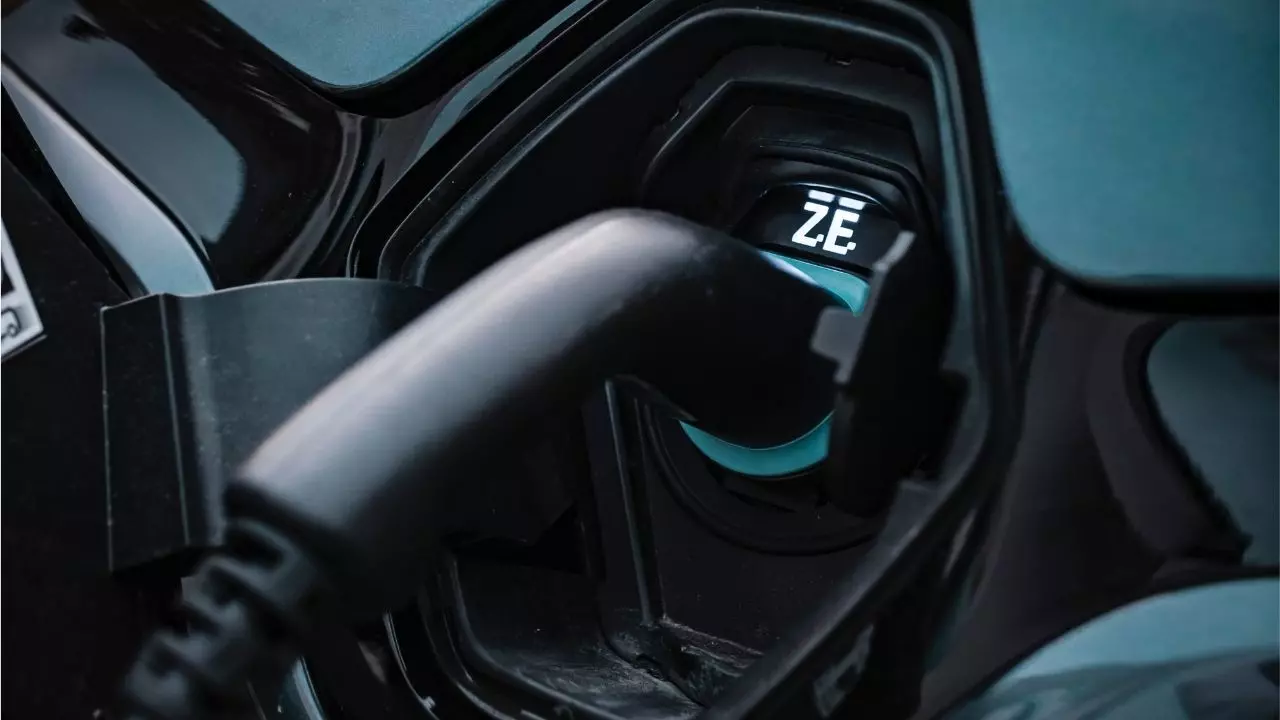
Benefits of Electric Car Battery Recycling
Electric car battery recycling can be a beneficial process for the environment. The process of recycling electric car batteries helps reduce the amount of waste that is created. Additionally, electric car battery recycling can create new jobs and support economic development in the area.
Since the battery is the most important and inseparable part of an electric car, it is important to properly recycle it. Electric car batteries includes valuable materials, so recycling them means the reduce of overall cost of electric car producing. Plus, it helps to avoid the electronic waste that is harmful for the environment.
Conclusion
Electric car battery recycling is a beneficial process for the environment. By reducing the amount of waste that is created, electric car battery recycling can create new jobs and support economic development in the area. In this article, we have outlined the benefits of electric car battery recycling. And we answered the question; “How Are Electric Car Batteries Recycled?” and some of the other common questions about the process. Hope this helps!
